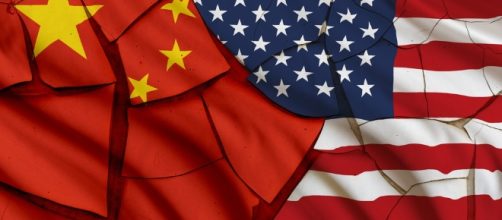Like it or not, the United States is locked in a space race with China. However, according to CNBC, the modern space race is not directed toward a single destination, but rather toward the domination of the High Frontier itself. It also involves not just two government space agencies, but commercial space companies in both countries.
China has long recognized that control of space is crucial for becoming the dominate superpower on the planet. The country has ramped up its civilian space program, launching a number of crewed missions to low Earth orbit with a goal of building a large orbiting station in the 2020s.
China has also sent a number of robotic probes to the moon, with the goal of landing people on the lunar surface eventually. Her ambitions also extend to Mars and beyond.
China, like the United States, is providing seed money for new space startups, some of them state-owned, but some privately run. The Chinese would like to grab the satellite launch market from the United States, notably SpaceX and ULA.
Finally, China intends to triple its spending on space science, this at a time when NASA’s budget is static or declining.
The Chinese space push is motivated partly by a desire for prestige and partly due to a recognition of the practical benefits of space exploration. Chinese officials have touted lunar mining as a new industry, especially of helium 3, an isotope that could fuel future fusion power plants.
The Chinese space challenge will be of increasing concern for the Trump administration, but also perhaps an opportunity. The one thing that the American space program has lacked for the past almost 50 years is a sense of competition. The race to the moon with the Soviets brought forth an explosion of spending on space, which reaped enormous dividends. Since the last Apollo mission to the moon, NASA has languished with meager budgets and an uncertain direction. The most excitement that has happened in space in a while has been the emergence of commercial space companies such as SpaceX along with a new sense of competition and innovative thinking.
The prospect of a space race with China could reinvigorate NASA and provide a clear direction for space efforts from both the government and the private sector. Nothing exists like the threat of being shown up to get people moving.

